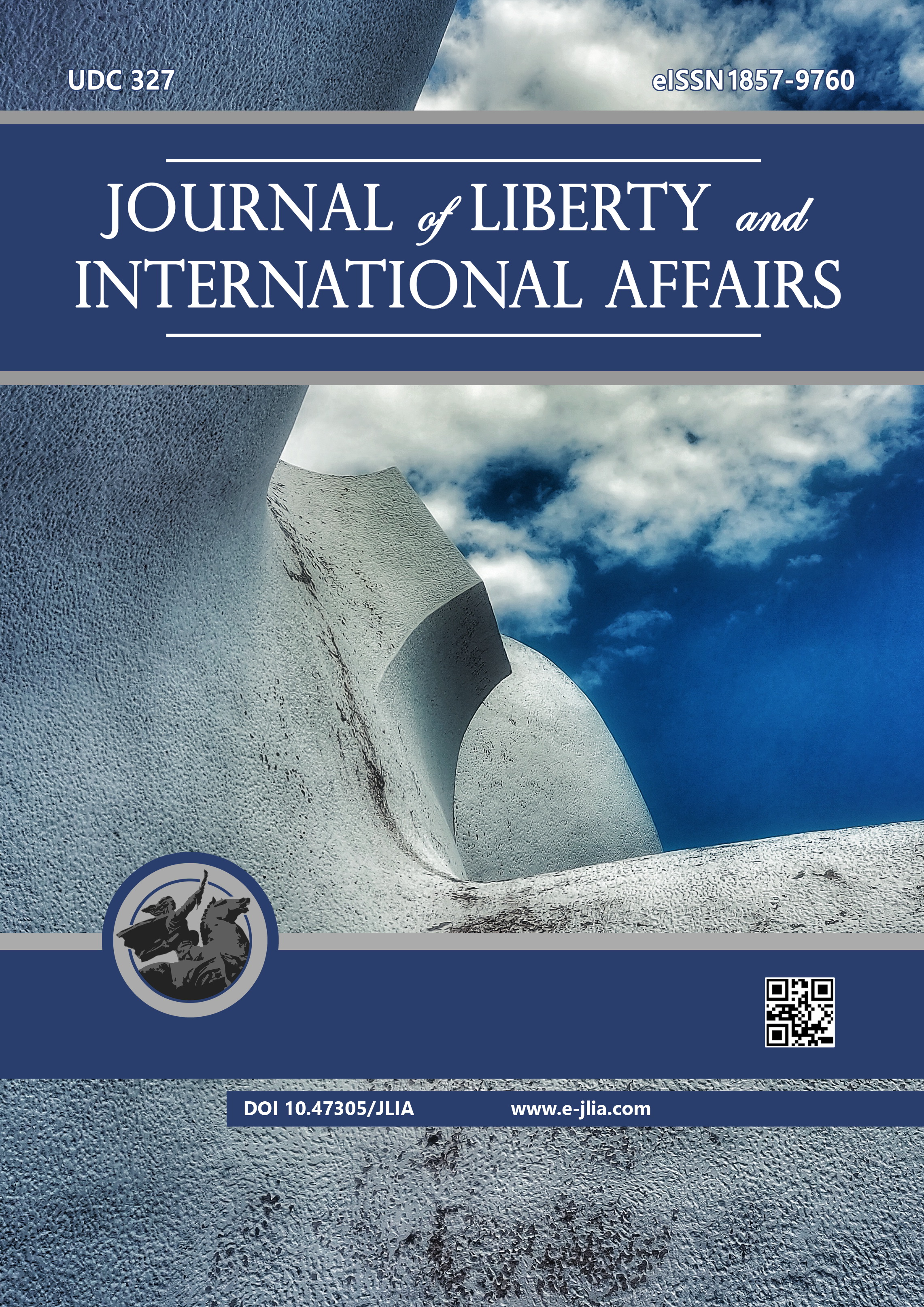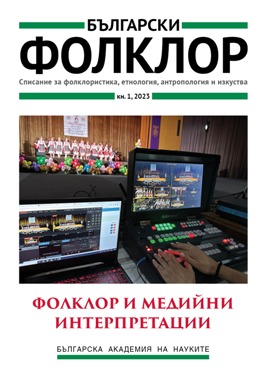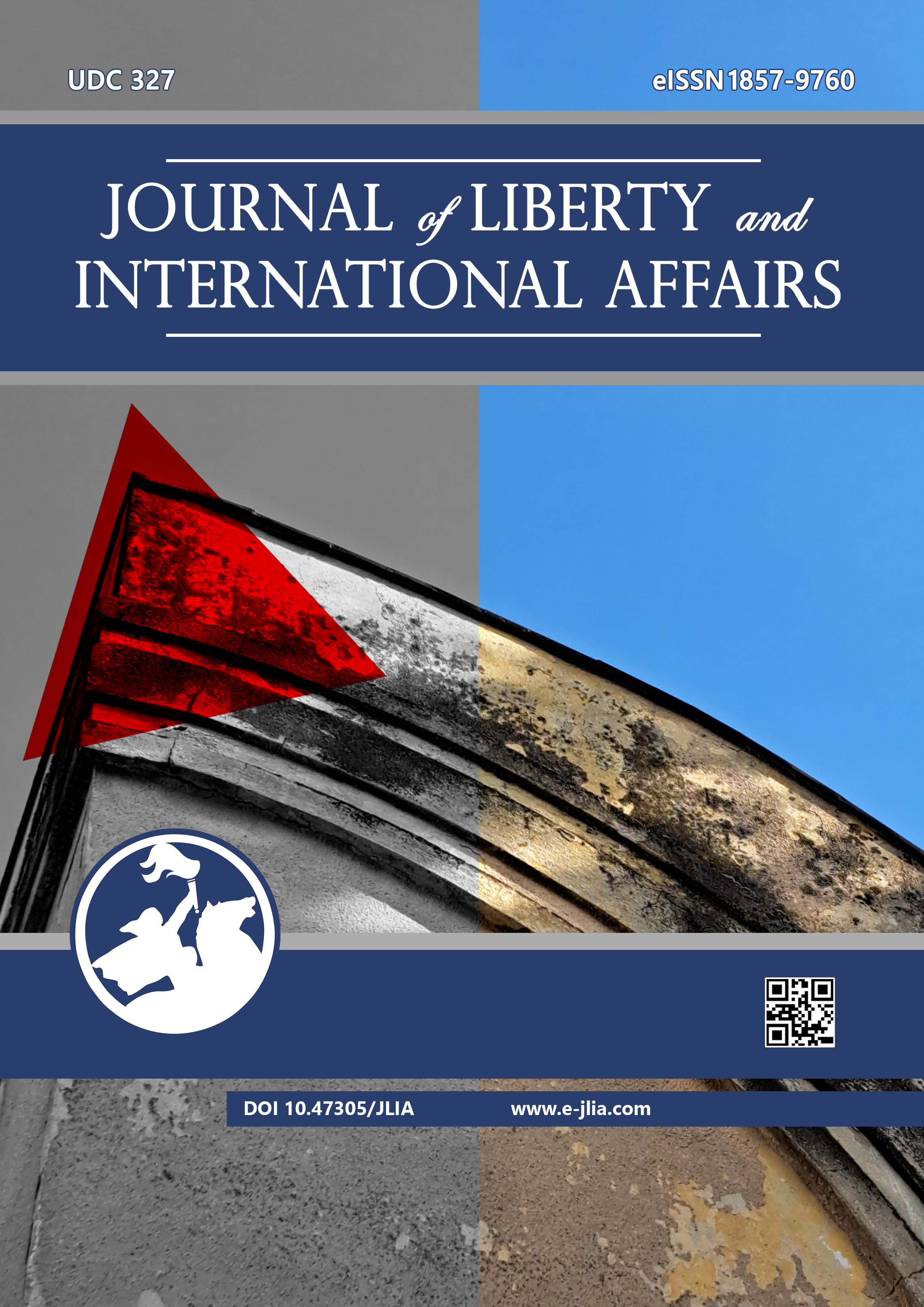
THE CHALLENGES TO WOMEN’S ENTREPRENEURIAL INVOLVEMENT IN THE HOSPITALITY INDUSTRY
Entrepreneurship is one of the growing trends, and studies are focusing on it generally. However, this study is mainly focused on women’s entrepreneurship. This study intends to measure the impact of work-family interference, socio-cultural support, access to finance entrepreneurial skills, and legal constraints on women’s entrepreneurial involvement through the mediation of self-leadership in the hospitality and tourism sector. This study has chosen a quantitative approach, collecting data through surveys. The snowball sampling method was used for data collection from women of Pakistan, and data was analyzed through the PLS-SEM method. The result of the present study affirms that work-family interference, social and cultural support, and entrepreneurial skills are significantly associated with women’s entrepreneurial involvement other than access to finance and legal constraints. Moreover, self-leadership significantly mediates between (work-family interference, socio-cultural support, and access to finance) and women’s entrepreneurial involvement except for entrepreneurial skills and legal constraints. The present study’s findings affirm that formal or informal institutions influence women’s entrepreneurial involvement. This study may help women entrepreneurs understand the factors and policymakers to make policies for women entrepreneurs in the hospitality sector.
More...



